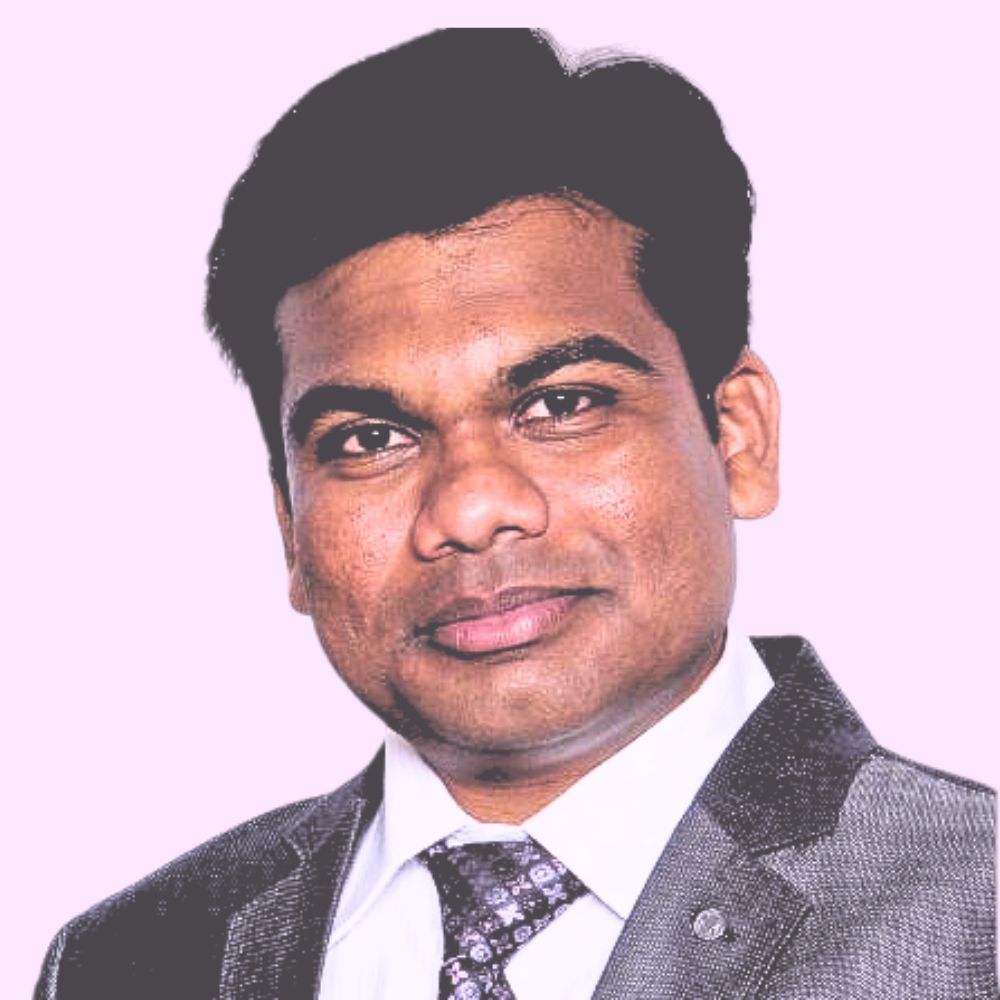As data volumes surge, traditional data engineering struggles with complexity, cost, and agility. This keynote introduces a paradigm shift: agentic systems — AI-native agents that autonomously plan, adapt, and collaborate across the data lifecycle. These systems transform ingestion, quality, pipeline design, and observability, freeing engineers to focus on design and value, not manual tasks.
We explore today’s DataOps limitations, define agentic capabilities, showcase real-world use cases, and examine shifts in skills, teams, and ethics. For CDOs, platform leaders, and architects, this session offers a bold vision: Data Engineering reimagined through intelligent agents that deliver faster, smarter, and more scalable business outcomes.














































